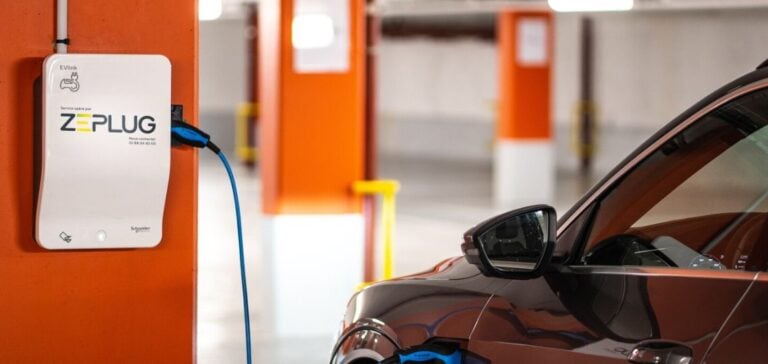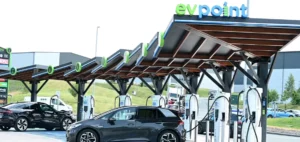The merger between ChargeGuru and Zeplug, two major players in the installation of charging stations for electric vehicles, represents a significant turning point in the landscape of electric mobility in Europe. This merger, announced on November 28, 2023, not only symbolizes the exponential growth of the electric vehicle market, but also illustrates the changing dynamics within the clean energy sector.
Synergies and European Expansion
Although the two companies share common founders, they have evolved with distinct specializations. ChargeGuru, which focuses on home and professional installations, and Zeplug, which focuses on solutions for condominiums and apartment buildings, have found in this merger a unique opportunity to maximize their synergies. According to Nicolas Banchet, co-founder of both companies, this strategic alliance will enable faster expansion in key European markets such as Germany, the UK, Italy and Portugal. This demonstrates an adaptive response to the growing need for recharging in urban and suburban environments.
Charging Challenges and Innovations
Adapting to different installation environments is a major challenge for both companies. While underground parking facilities have been facilitated by government policies in France, outdoor parking lots, which account for a significant proportion of condominiums, pose a significant technical and financial challenge. The costs associated with civil engineering for these installations call for innovative solutions to avoid the creation of charging “white zones”, as Mr. Banchet points out.
Economic and environmental impact
With some 10,000 buildings already equipped or in the process of being equipped by ChargeGuru, and ZePlug set to raise a significant €240 million in 2022, the economic outlook looks promising. Both companies are aiming for profitability between 2025 and 2026, hoping to capture a significant share of the fast-growing electric vehicle market. This development is crucial not only for ChargeGuru’s and Zeplug’s commercial ambitions, but also for the broader objective of Europe’s energy transition.
This merger between ChargeGuru and Zeplug is not just a business move; it reflects a significant evolution in the way companies think about mobility and sustainable energy. By providing accessible and efficient recharging solutions, they play a key role in facilitating the transition to large-scale electric mobility, which is essential to achieving Europe’s climate objectives.
The merger of ChargeGuru and Zeplug opens up new prospects for electric mobility in Europe, symbolizing a step forward towards a more sustainable and inclusive energy transition.






















